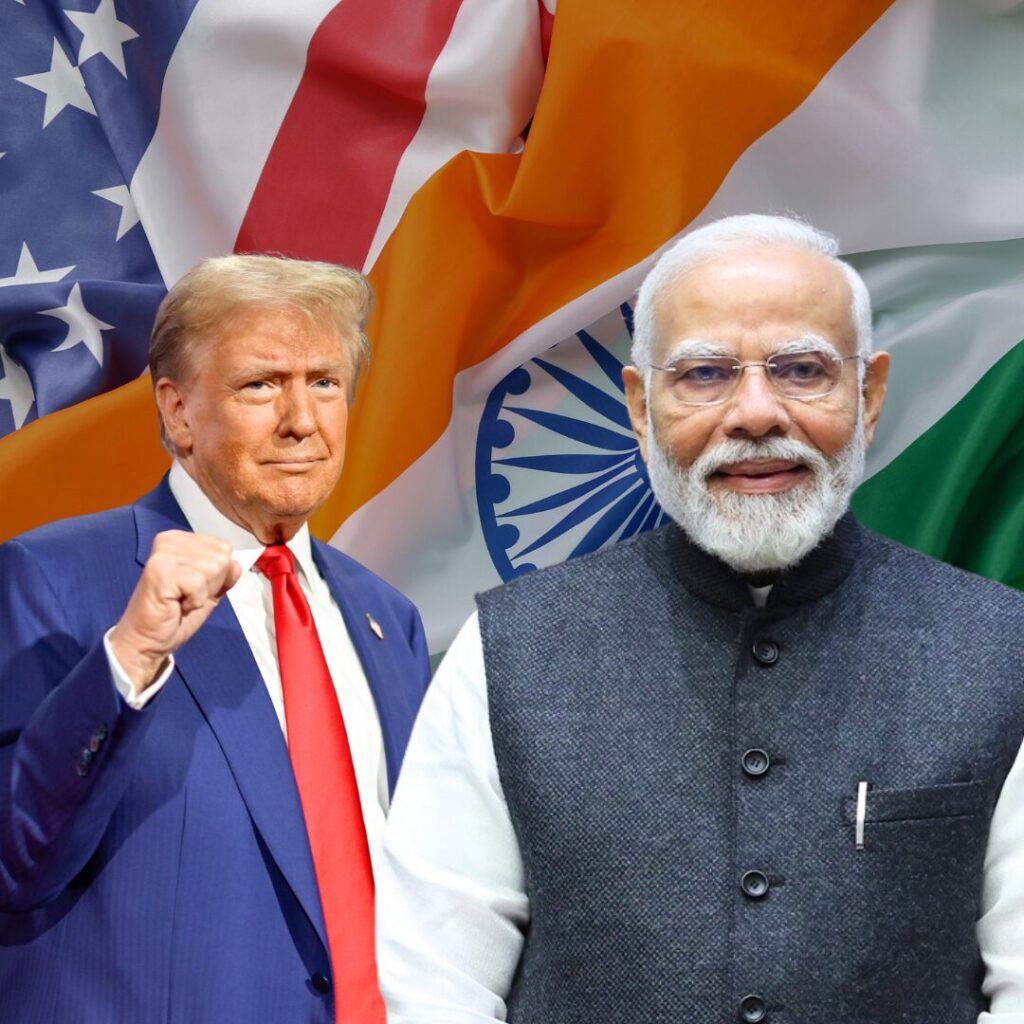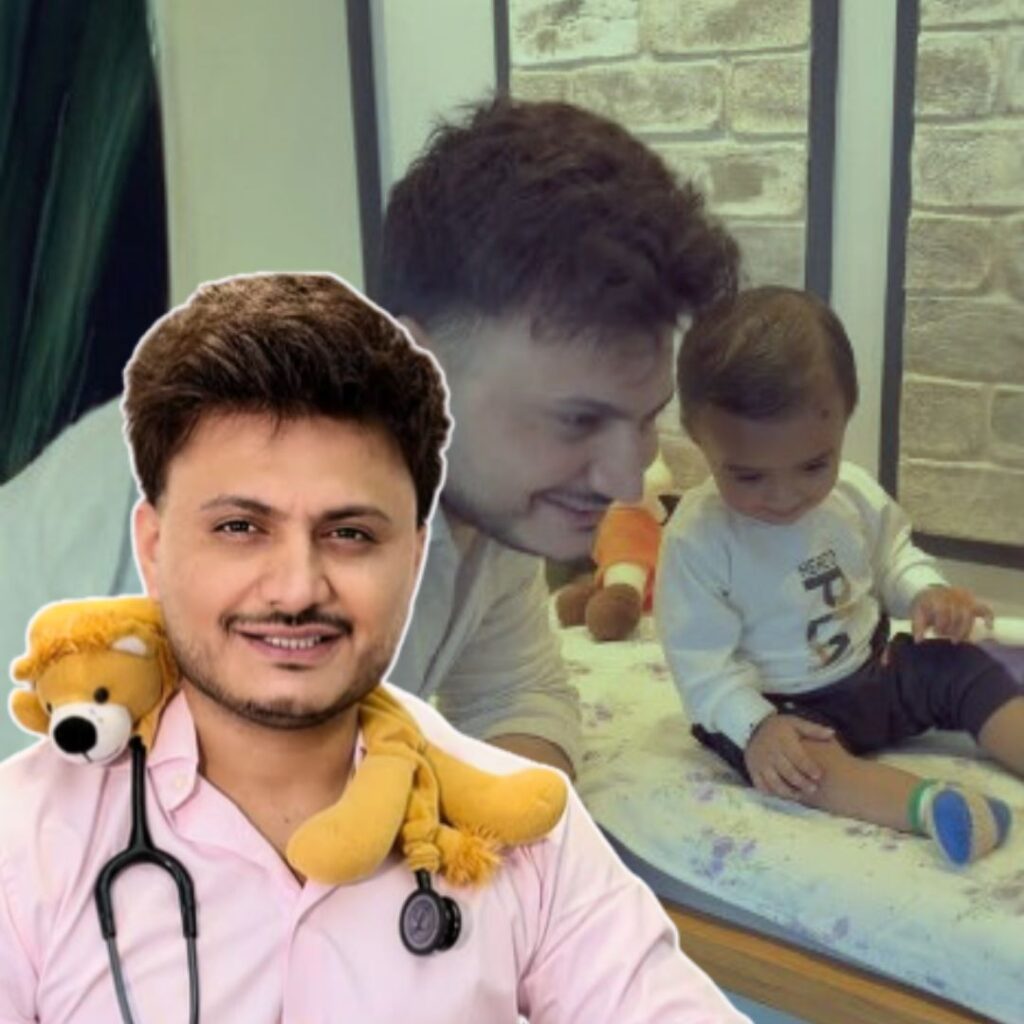This is second part of the story, for the first part kindly visit the link: Once Called “Mini Singapore Of India”, This Land Perished In A Single Cyclone, Leaving Just 2 Survivors
Unknown faces would pass by Kali all day. Some waited for him to finish his story. Some left without listening. Nonetheless, he stood there everyday making his voice heard, his presence felt.
“Today, I tell his story. It’s the least I could do to keep his memory alive. My father died five years ago. His real name was Kaliambalam. They begged him to leave the shores. For, they feared another cataclysmic event may claim his soul. He never left. A part of him is embedded in the oceans. His heart always belonged to Dhanushkodi. This is where he was born and this is where he died,” said Kumar as he showed us copies of his ‘certified guide’ license and newspaper clippings of his father.
The 2004 Sumatra-Andaman earthquake triggered a massive tsunami along the eastern coastline. However, it didn’t have any effect on Rameswaram. Apparently, water from the Indian Ocean receded 500 metres and the level returned to its usual position after four hours. “I caught glimpses of broken structures peeking through the ocean floor. They belonged to the old town that my father always spoke about. People warned me against going towards the coast. But I had to see for myself. More than one km of Dhanushkodi was submerged in 1964. In fact, the old railway tracks can still be seen under water,” he said. With the area being prone to violent storms and unprecedented natural disasters, the government refused to rebuild the township in order to discourage residents from migrating to the coastline. For about two decades, only ten people lived here — Neechal, his wife and his eight children. Today, there are 236 families residing in two settlements. 110 lived near the harbour while 126 settled down near the defunct railway station. A few solicitous officials and authoritative figures have been coaxing those staying close to the Bay of Bengal to move to the other side. “There isn’t enough space for everyone. they can’t displace an entire settlement. Even if they come up with a solutioand ask all of us to move, we wouldn’t. This is our home. This is where they we made our first memory and hope to live our last. Why would we desert a place that is smitten with our identity?” asked Kumar.

We asked him if they were worried about another possible tsunami striking the coast. To that, he laughed and said with absolute certainty there wouldn’t be another one. He felt if outsiders or the government interfered with their lifestyle or facilitate meaningless and unnecessary development, then it could lead to a tsunami of sorts, both metaphorically and literally.
In conversation, Kumar mentioned that he was born into a Hindu family but he followed all religions including Christianity, Buddhism and Islam. Beside the counter, worn out photographs of Jesus, Mecca and a few Hindu Gods were stacked up neatly on a shelf. He was the product of a million philosophies but no matter what spiritual path he chose for himself, it always led to kindness and compassion. “There should be a purpose to life. What’s the point of living mindlessly and dying one day? And, that’s what I try to teach my children every single day — the importance of being good human beings. We must learn to treat each other with acceptance and unconditional love. That’s all there is to life, isn’t it?” he said with a smile.
There have been numerous reports of fishermen being arrested by the navy for trespassing Lankan waters in the past. They attributed their actions to diminishing aquatic population due to overfishing on Indian shores. Kumar informed us that the population of fish hasn’t reduced at all. Owing to excessive use of heavy motor boats, the corals have corroded over the years. However, there hasn’t been a drastic change in marine life. “There’s enough for everybody here,” he said.

After a while, the conversation veered towards Kaliambalam. He pointed at a semi-permanent structure where his father once resided and told us that his older brother lived there now. “Freedom is my biggest income. As long as ‘the humanity’ within my heart never subsides, I will continue to remain happy. This is our home. We will try and make our life better here. We all have dreams but not all of us know how to turn them into reality,” said Kumar as we drove through the wide sandy beach that led to the ruins. They were everywhere; distorted impressions of structures collapsing into one another. Shadows enclosed the barren paths as dancing silhouettes fled across our sight. With every passing moment, as murmurs of the ocean surfaced, scattered amidst memories of a countless visages we stumbled upon those who firmly held onto the reins of the community lest they plunge into an abyss of despair.
“We try to look out for each other. Over the years, we have learnt to build and nurture a strong sense of community spirit within the settlements. Ultimately, we are all one. We eat the same food and worship the same Gods. I may not be educated like you but I can understand and relate to your problems. As long as we can do that without worrying about hierarchies bestowed upon us by the society, then we will always find joy in our hearts,” he said.
Later, at night, we shared stories of our past with each other. While most of our childhood was spent toiling away in classes, Kumar sailed the mighty seas accompanying his father dreaming of a life beyond the shores. Fastening the ropes attached to the tent pegs, Kumar said, “Back in the day, we never had any schools. The ocean was and still continues to be my classroom. I cannot read or write very well but I understand the coast. It teaches you to be patient and helps you overcome your fears no matter who you are. And, that perhaps is one of the biggest lessons I have learnt so far.” Under the moonlit night, as the winds howled a formless wail, we sat next to each other kneading sand into freshly dug holes when Kumar looked away and muttered in whispers…
All it takes is a heart to build an everlasting relationship with someone. Sometimes, you don’t need to speak the same language. Sometimes, all you have to do is listen. Years ago, as I swam alongside a secluded shoreline, one day, I came across a white man sitting aloof by the waters near Land’s End. A few hours later, I found him seated in the same position; motionless and perturbed. I asked him who he was and what he was doing here. He remained silent for a while and then decided to tell me his story. His name was Tony and he was an artist. He lost his wife and child to a horrible accident in France a while ago. He had come to Dhanushkodi to attain closure. It was his way of dealing with grief and coming to terms with his loss. He had been travelling for long. And now that he had reached his destination, he was yet to embrace the reality of his situation.
I felt the angst in his soul and I couldn’t leave him there. So, I took Tony home and introduced him to my father. He stayed with us for three months. Everyone in the village knew him. By the time he left he could even speak broken Tamil. Not once did he leave my side. I took him everywhere I went. We would go fishing together and walked endless stretches of the beach discussing everything we could possibly think of. When I had met with an accident, he was one of the few people who sensed something amiss and came looking for me. He was a true friend and a good human being. He returned with his father, a year later. And, then he never came back. Every time someone with white skin passes by my stall, I hope it is Tony. I wonder where he is and if he misses us; his friends in Dhanushkodi. If you manage to find him, please give him my message:
‘My Dear Tony,
I cannot stop worrying about you. Where are you? When do you plan to visit Dhanushkodi? It has been far too long, my friend. Appa passed away five years ago. I am married now and I have three beautiful children. I wish you’d come see us. I hope you have finally found joy and peace in your life.
Love,
Kumar Kali’
This story is an effort by The Logical Indian in collaboration with Rest Of My Family towards bringing stories which need much attention.
Submitted By Akshatha Shetty & Photos By Piyush Goswami













